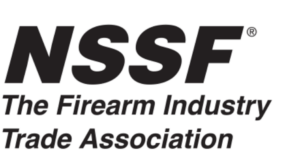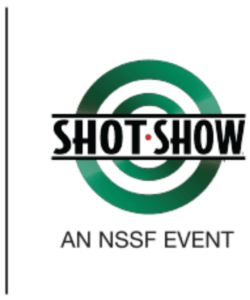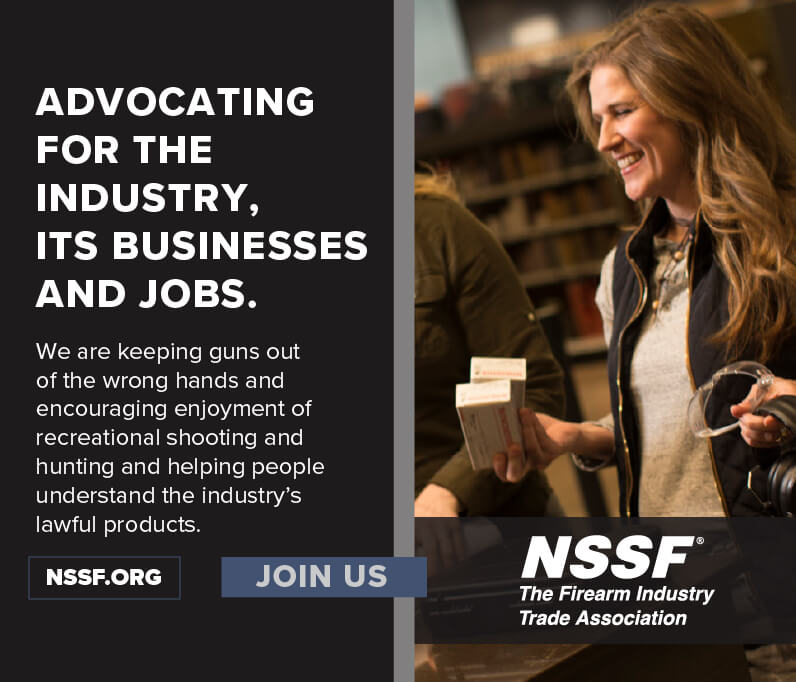 Back to News
Back to News
June 20, 2025
Anti-Hunting Activists Push Big Banks to Discriminate
Anti-hunting, anti-animal agriculture activists are deploying a new tactic in their crusade in the United States. They are failing to get their way through democratic, voter-approved legislative channels and are often on the losing end of judicial, court-based lawfare attempts so they are turning to a new option – Big Banks.
Just at the time when President Donald Trump successfully urged major banking institutions to abandon their previously held politics-based lending protocols to discriminate against politically-disfavored industries, including the lawful and highly-regulated firearm industry, anti-hunting animal rights groups are pushing them in the opposite direction and back towards a policy of denying banking services and financial products to disfavored businesses.
Gun control groups had recently made some temporary inroads by getting the International Organization for Standardization (ISO) to create a gun-related Merchant Category Code (MCC) for credit and debit card companies to use to track cardholders’ purchases of firearms and ammunition. Banks largely announced they would not be moving forward with implementing the code. Now, animal rights activists at organizations like the Humane World for Animals are pushing similar discrimination efforts on the global financial system to penalize animal agriculture businesses.
Humane Discrimination
Humane World for Animals, a new animal rights conglomerate comprised of the Humane Society of the United States (HSUS) and Humane Society International, published a blog on their website describing a new global financial utopia. Their idea is large banking institutions join in their animal rights crusade by denying banking and financial services to animal agriculture businesses to “transform the future of food.”
“It is therefore immensely important that considerations of animal welfare and a shift toward plant-forward food systems are integrated into core financing and investing strategies,” Humane World CEO Cristobel “Kitty” Block wrote. “That’s why we at Humane World for Animals work with financial institutions to integrate higher animal welfare and plant-forward strategies into their core funding policies and practices. Our goals are clear: Improve the lives of animals currently in production and stem the growth in the number of animals kept and killed for food.”
She called out several banks, including those based in the United States, for failing to take stronger stands on animal rights and not implementing Humane World’s favored policies.
“Yet, referencing IFC standards is not the same as implementing them. Many major financial players, such as Citigroup, Bank of America, Barclays, JP Morgan Chase, HSBC, Santander and Credit Suisse, among others still lack any public-facing commitments to animal welfare,” Block blogged.
Some big banks balked at the notion. Block noted that two major financial institutions weren’t playing ball with her animal rights, anti-hunting agenda.
“Recent shareholder resolutions at Bank of America and Citigroup asked these institutions to disclose how they manage material risks related to poor animal welfare,” Block carped. “Both boards opposed the proposals and signaled no intention to address the issue publicly. That’s not just disappointing, it’s dangerous.”
Good on both Bank of America and Citigroup for rejecting that nonsense. Relatedly, Citigroup recently announced it was no longer implementing its long-held policy of discrimination against lawful and highly-regulated firearm industry members that manufacture and sell legal, Constitutionally-protected firearms. Bank of America CEO Bryan Moynihan was called out by name for his bank’s discriminatory practices by President Trump at the World Economic Forum earlier this year. It seems both banks could be taking the hint and rightfully correcting their course.
Angling For Change
Block’s Humane World doesn’t sound like banking institutions are anywhere close to considering her organization’s radical animal rights agenda. Her screed turns to desperation about the future and Humane World’s continued actions.
“Financial institutions have a choice. They can continue to fund systems that harm animals, people and the planet, or they can lead the transition to a more humane and sustainable future,” Block added.
Block and other animal rights activist haven’t been holding back their punches in their attack on animal agriculture businesses, which provide healthy, affordable and needed food to millions and millions of people here in the United States.
Separate from Humane World, though populated with many of the same activists, new groups are popping up to push similar anti-hunting, anti-science policies in the states and in Washington, D.C. Last year, animal rights activists launched a new advocacy group, the Wilberforce Institute, aimed at trying to convert pro-hunting Americans over to the animal rights ideology. The group is connected to Washington, D.C., lobbyist Marty Irby, who spent six years working for the Humane Society of the United States and Wayne Pacelle before launching his own political action committee funded by animal rights activists. The group’s political goals include banning traditional ammunition for hunting and using frivolous lawsuits to tie up businesses. Even though Irby tries to make it appear as though he supports conservative, pro-hunting, pro-Second Amendment elected officials, he spent years as executive director of Animal Wellness Action (AWA). AWA’s political spending reveals the organization spent huge to defeat pro-hunting conservatives and instead elect anti-hunting and gun control supporting progressives, according to OpenSecrets. It’s yet to be seen what real, meaningful impact – if any – Irby’s group has had.
Courts Side with Science
History has shown that where voters reject their activist agendas and banks shrug off their financial discrimination demands, the anti-hunting, anti-science animal rights activist will gladly turn to the courts in hopes of catching a long-shot Hail Mary. Fortunately, in recent court decisions, judges have also rejected these farcical attempts, though they are costly to those involved.
Most recently, the Washington, D.C.-based animal rights group Nonhuman Rights Project (NhRP) was handed yet another court defeat in their attempts to have judges rule that elephants, that are in the care of zoos, are organisms with “personhood” rights. The cases have been in courts for years and the judge’s most recent rejection was another defeat for the group.
If the courts had decided that the elephants involved, or any other animal in monitored and beneficial care, did indeed possess personhood rights, the flood gate would open for future lawsuits against other zoos, farms and pet owners. Animal rights groups could sue dairy cow or meat processing operations, pig farms, or chicken or pheasant preserves. The New York Farm Bureau even submitted an amicus brief in favor of a related Bronx Zoo case in 2022 warning that a ruling in NhRP’s favor could be disastrous. “Worse, if any of those habeas petitions succeed in securing the release or transfer of livestock… the downstream effects also would be serious.”
All of that would mean severe obstacles to hunters harvesting wild game and the wildlife management biologists that rely on hunting as a wildlife conservation management tool. And say goodbye to your family dog.
This is the goal of these animal rights activists in groups like NhRP, the Wilberforce Institute and Humane World. They want to use any tools available – the courts, the ballot box or now increasingly the major banking institutions – to push their radical anti-hunting, anti-gun animal rights agenda. The downstream cost is of no concern to them. It’s their way or the highway, and fortunately – at least for the time being – major banking institutions are telling them take a hike.
You may also be interested in:
https://www.nssf.org/articles/nonhuman-rights-project-gets-another-deserved-l-in-court/
https://www.nssf.org/articles/nssf-welcomes-citigroups-reversal-on-discrimination-against-firearm-industry/
Categories: BP Item, Featured, Government Relations, Top Stories








